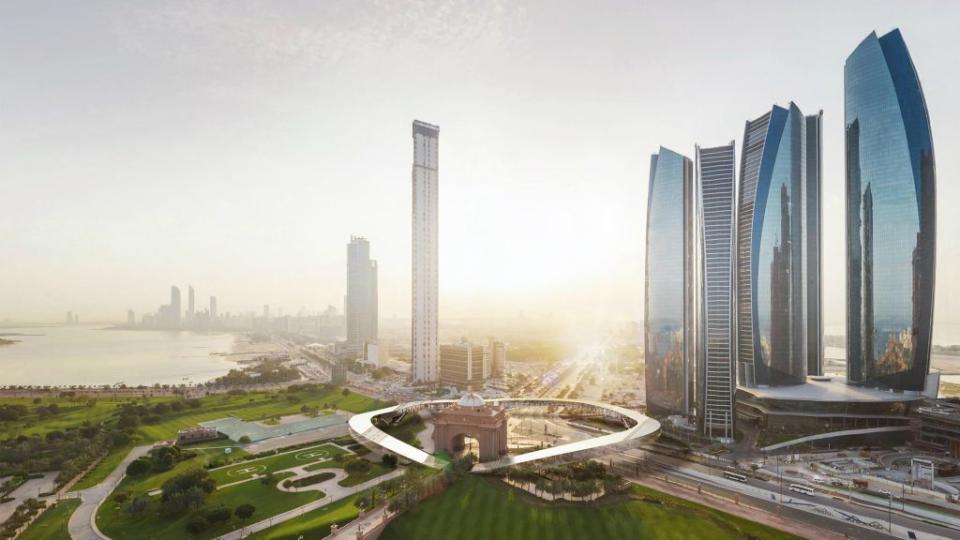Between Hyperloop and near-supersonic trains, the future of travel is getting much closer

Across three continents, the kind of futuristic high-speed transport that sends passengers far faster than a speeding bullet train to where they want to go is being built. It may be ready much sooner than you think.
South Korea is planning a tube-enclosed train that can travel at speeds of up to 1,000 km/h (620 mph), approaching the speed of sound (1,225 km/h). The state-run Korea Railroad Research Institute says that could carry passengers from Seoul to Busan in half an hour, a journey that currently takes just under three hours at minimum on a high-speed train.
The idea of high-speed travel in an enclosed tube isn’t new—it’s the concept behind the Hyperloop, the brainchild of Elon Musk. US-based Hyperloop Transportation Technologies, earlier this month announced an agreement to design a route between Brno in the Czech Republic and Bratislava, Slovakia, which will turn a more than 90-minute trip between the two cities into 10 minutes.
We are proud of our agreement with @brnomycity toward creating the first international European #Hyperloop! #HyperloopTT pic.twitter.com/BNptvb3wdv
— Hyperloop | HTT (@hyperloopglobal) January 20, 2017
The company is also in the middle of preparing a feasibility study for Abu Dhabi for a route that would connect the city with Al Ain in about 10 minutes. The total cost of the project isn’t known but it would be about $40 million per kilometer, which equates to almost $6 billion for the two cities.
The company’s main competitor, Hyperloop One, is also making inroads in the United Arab Emirates. It’s working on a project that would link Abu Dhabi to Dubai in 12 minutes by carrying passengers in levitating pods, instead of a car trip that takes around an hour and a half.
In the US, a Richard Branson-backed startup called Boom plans to test out a smaller prototype of its new supersonic jet, which it purports will cut the time it takes to fly from New York to London to three hours and 15 minutes.
All of which is to say, for passengers struggling to cope with basic economy class and rickety old trains, 2017 is turning out to be an exciting year for the next generation of transport.

Sign up for the Quartz Daily Brief, our free daily newsletter with the world’s most important and interesting news.
More stories from Quartz:

 Yahoo Finance
Yahoo Finance 